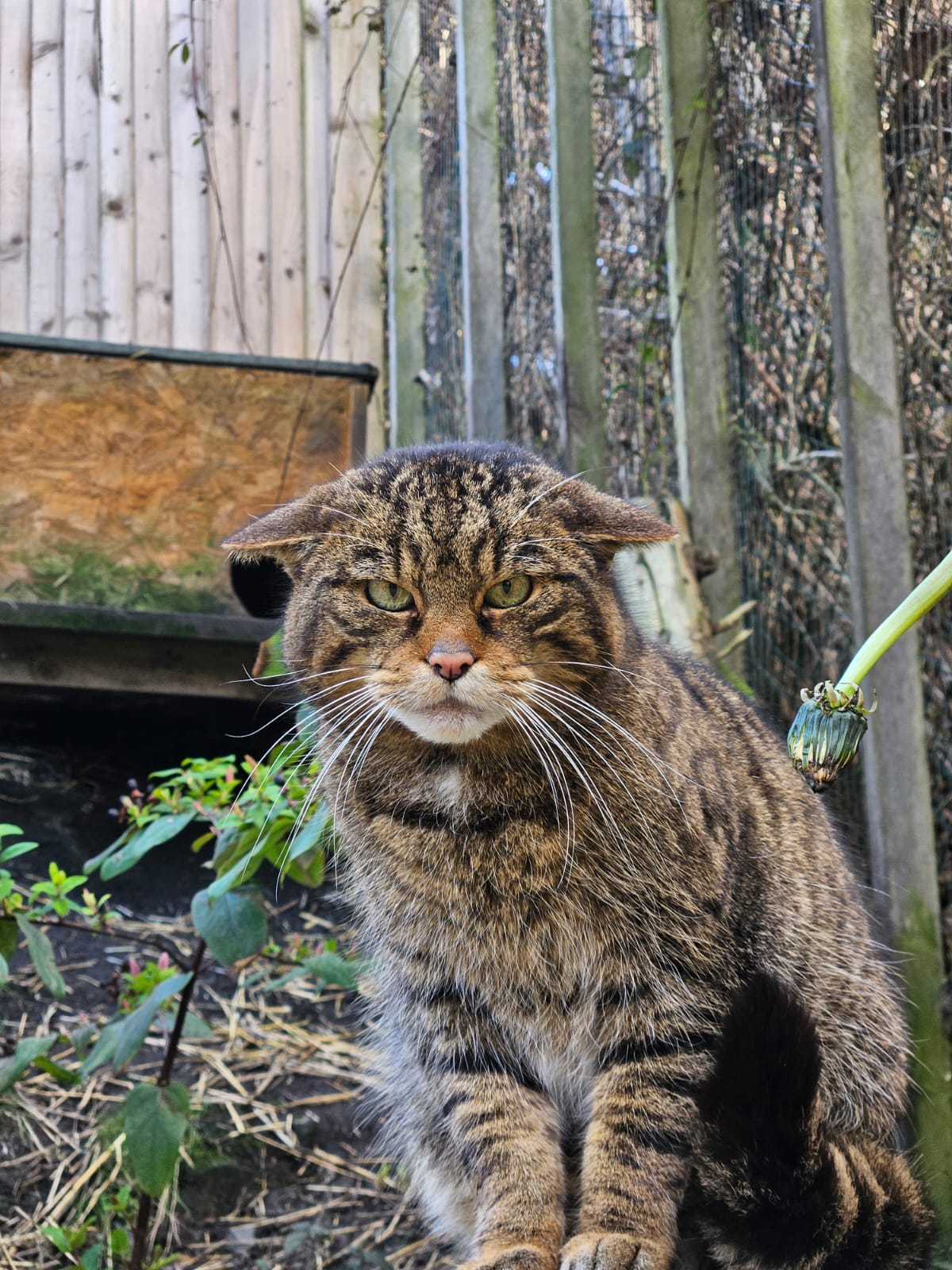Talking with Jeremy Skoler, engineering student working with WildTrack
1. You’re an undergraduate engineering student at Olin College of Engineering in Boston, visiting the Botswana International University for Science and Technology! What’s the connection point?!
It all started around 3 years ago. I saw a listing from the post-graduate office at Olin College searching for volunteers to create a simulation game for a non-profit WildTrack. I had recently discovered my interest in computer programming and, after some brief research, I realized that this opportunity combined that with my other passions, ecology and tracking. Soon, I was conducting remote interviews with park rangers across Southern Africa and diving into the game design process. A couple years later I had refined my work into the current simulation, but I realized I needed more extensive data to make it realistic. I reached out to WildTrack hoping to get into the field and do more hands-on work while simultaneously conducting this extra research. Given my background in engineering, WildTrack introduced me to their colleagues at the Botswana International University of Science and Technology, who graciously accepted me to a partner project using drones and machine learning to automate crucial tracking patrols. Now I am learning all I can about Reinforcement Machine Learning and meeting with local trackers as I attempt to soak-up some of their expertise.
2. Which elements of WildTrack’s multidisciplinary work do you find most interesting, and why?
I ended up attending Olin College, an all Engineering school, because I had no clue what I wanted to do with my life, but I knew I liked problem-solving. Over my time there, I started to realize that my passion for the outdoors was more than a hobby and something I wanted to focus my studies on. Unfortunately, there wasn’t much room for this in the strictly-engineering curriculum. WildTrack has granted me the unique opportunity to combine these fields. I can work on high-level complex engineering problems while still getting out into the bush to do meaningful hands-on work in conservation. I am especially fascinated by the focus on tracking, something I never thought I’d be able to combine with my engineering work. Now I see how similar the two areas are; tracking is deductive problem solving based on nature.
3. Do you see elements of traditional ecological knowledge contributing to wildlife conservation in future and how do you think we can best protect this rich cultural resource?
Definitely! It is great to create models, algorithms and machines to conduct conservation work, but we are infinitely far away from replicating the intricate wisdom that trackers apply effortlessly to novel situations. Nature is the most advanced machine, and the expert engineers with the best understanding of it are the often-overlooked people with, what we call, traditional ecological knowledge. At first I was worried that this work would make their expertise obsolete however, I have come to realize how vast their wisdom is and just how difficult it would be to just scratch the surface of this knowledge base with a computer. Traditional ecological knowledge will always be our best tool to understand our place in the natural world and then hopefully find solutions to save it. However, this knowledge also needs to be conserved. We must encourage traditional ways of passing on knowledge via human interactions and experience. Without this, we will lose our most valuable resource in the conservation fight.
4. You’ve been granted a wish to have dinner with the person you most admire in the engineering world. Who would you like to be invited by, and what would you ask them about?
I would love to have dinner with Sir David Attenborough. Now you may be thinking, “Wait a second, he has nothing to do with the engineering world!” To that I’d argue that he has spent his lifetime studying the most complex and efficient engineered system we know of, the ecosystem of planet Earth. I’ve grown up listening to his distinct voice explaining the rationale behind some of the most magnificent natural ecosystems on the planet. I attribute my love of ecology to him. I’d love to ask him about systems that might reverse the human-caused environmental issues we face. How do we structure our lives, communities and societies to move forward sustainably?
5. Fast forward 50 years. How do you see your own future in engineering? What career success would you be most happy to have achieved?
As I’ve mentioned, I love the intersection of engineering and ecology. I see the natural world as an amazingly complex project that has developed the stable web of nature. I want to learn biomimetic approaches like WildTrack’s and adapt them to the challenges humanity faces. I hope in 50 years I will have spent a lifetime learning from our natural teacher to solve critical environmental issues in a sustainable way. I hope to have succeeded in expanding the biomimicry field and bring awareness to the endless engineering resource that is our planet.







